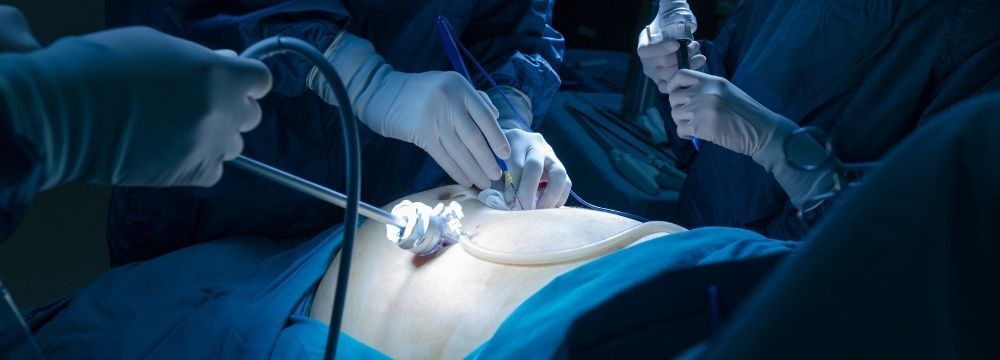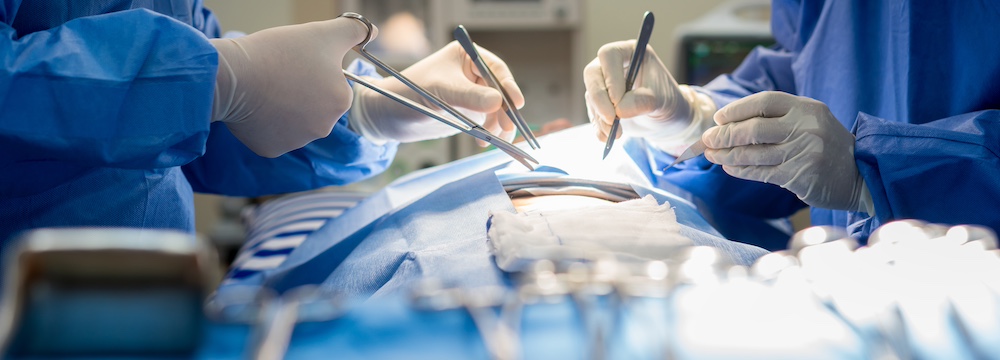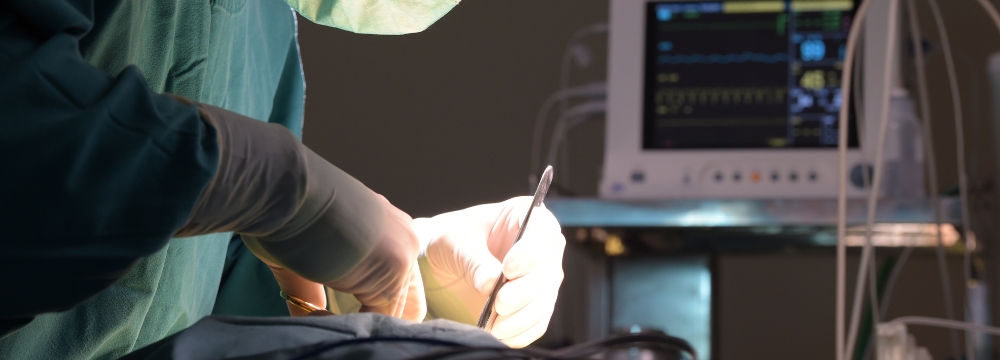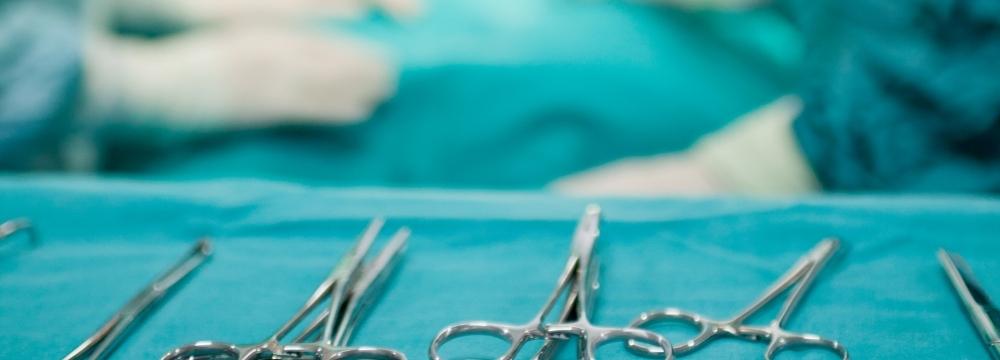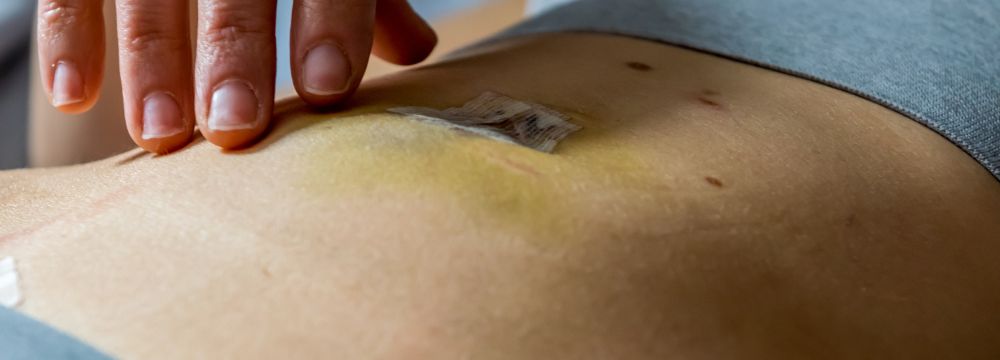Hernia
Hernias are prevalent disorders. This is especially true in men. Inguinal or groin hernias in men account for about 75% of all hernias repaired in the United States. While most men experience a hernia on one side of the groin or the other, there are circumstances in which hernias occur on both sides. This is called a bilateral inguinal hernia.
A common question we receive from patients suffering from bilateral inguinal hernias is whether both can be repaired simultaneously or if they must be performed as different surgeries. Most patients are relieved to hear that we can repair both hernias under one procedure. However, this was not always the case. The advent of minimally invasive surgery has allowed us to do so. Before minimally invasive intervention for hernias, we would have to make a single large incision over the hernia area and repair it visually using open surgery. This not only meant that we could only fix one hernia at a time, but the large incision increased the risk of a secondary incisional hernia forming.
Instead, using laparoscopic, minimally invasive tools, we can enter the abdomen around the centerline, working on one hernia and then moving onto the other side for the second hernia. In addition to this benefit, the minimally invasive approach involves a lower risk of infection, shorter recovery, and a reduced risk of a secondary hernia incisional hernia without reducing the procedure’s effectiveness.
When Do Hernias Need to Be Treated (And When Don’t They)?
As common as hernias are, only a small fraction of hernias are ever repaired. Many people never realize they have a hernia as they may remain asymptomatic without pain or a bulge for years or even their entire lives. For others, surgery may be riskier than living with a hernia. This is especially true for older patients in poor health.
For a younger patient in good health who is a good candidate for surgery, fixing a symptomatic hernia may be a perfect option. This reduces the risk of the hernia strangulating or becoming incarcerated. This will also reduce the risk of the hernia growing and becoming more complex to repair later.
Of course, the best option is to visit your primary care physician or contact our office to learn more to schedule a consultation and get a proper hernia diagnosis. Hernia repairs are straightforward with a relatively short recovery due to the procedure’s minimally invasive nature. Feel free to contact us and schedule a consultation with one of our surgeons to learn more about hernia repair.

